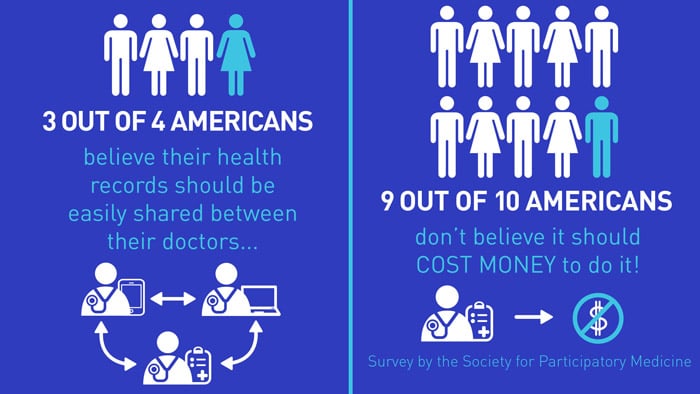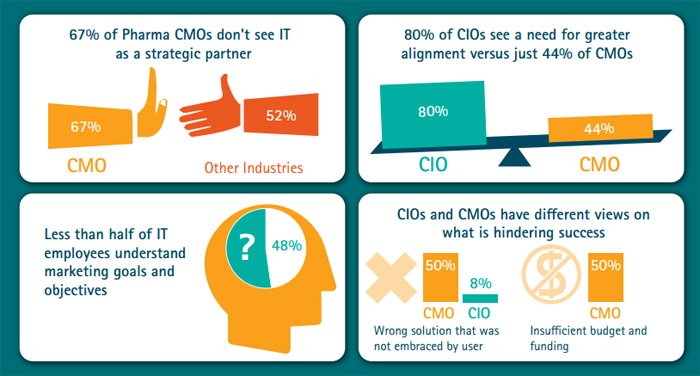Q1 digital health funding surpasses $630M
Although impressive, the figure is lower than the first quarter of 2014, which was a record-breaking year for the industry; M&A activity is at all-time high.
Patients have nothing against their doctor using tech
An impressive 97% of surveyed respondents approved of the use of technology, including desktop computers and mobile devices, during a consultation.
Worldwide wearables market to reach 47.7M units shipped this year
By 2019, total shipment volumes are forecast to reach 126.1 million units, resulting in a five-year compound annual growth rate (CAGR) of 45.1%.
Global revenues from fitness trackers to exceed $5 bln by 2019
Adoption of connected health devices increased from 24% of U.S. broadband households at the beginning of 2013 to nearly 30% by the end of 2014.
Smart wireless health and fitness services to be a $1.8bn market by 2019
Connected health devices and the data they generate will offer benefits to stakeholders and consumers, potentially improving preventative healthcare.
Doctors and patients agree that mobile apps are good for our health
The Research Now study among 500 healthcare professionals and 1,000 health app users in the U.S. looked into the use of mobile health apps.
Americans want personal medical data to be shared with their healthcare providers
The survey also revealed that 87% of respondents are overwhelmingly against any fees being charged for the transfer of critical health information.
Accenture: Pharma CMOs and CIOs should advance their collaboration
Pharmaceutical CIOs view analytics as the top driver of integration (52%), but pharmaceutical CMOs rank analytics near the bottom (cited by just 13%).
Global smart wearable fitness and sports devices market to grow at 25% CAGRs of...
Advances in technology and increasing health concerns have upped the demand for fitness devices, helping consumers track physical activity on a regular basis.
Tech-savvy seniors crave for online access to health services
Seniors who place a higher priority on technology are more willing to track their weight digitally (75%) and monitor their cholesterol (50%).











